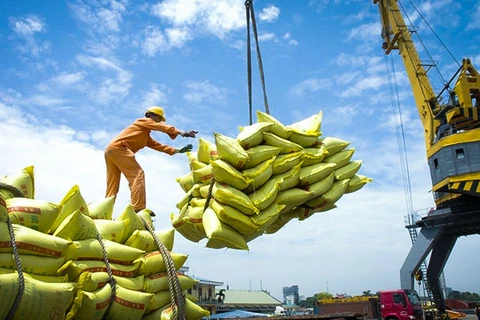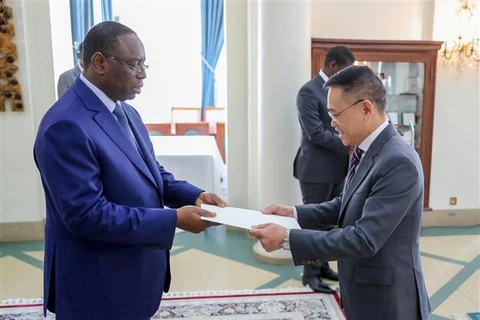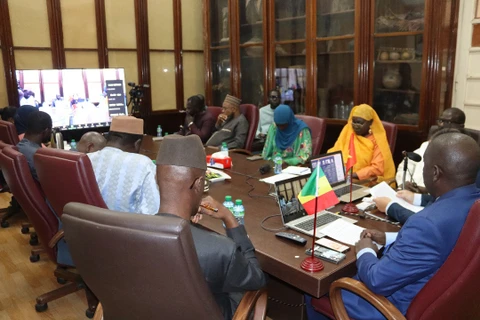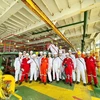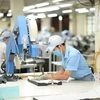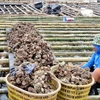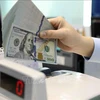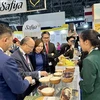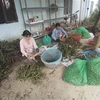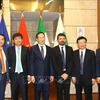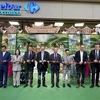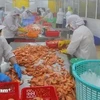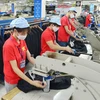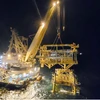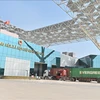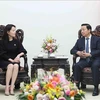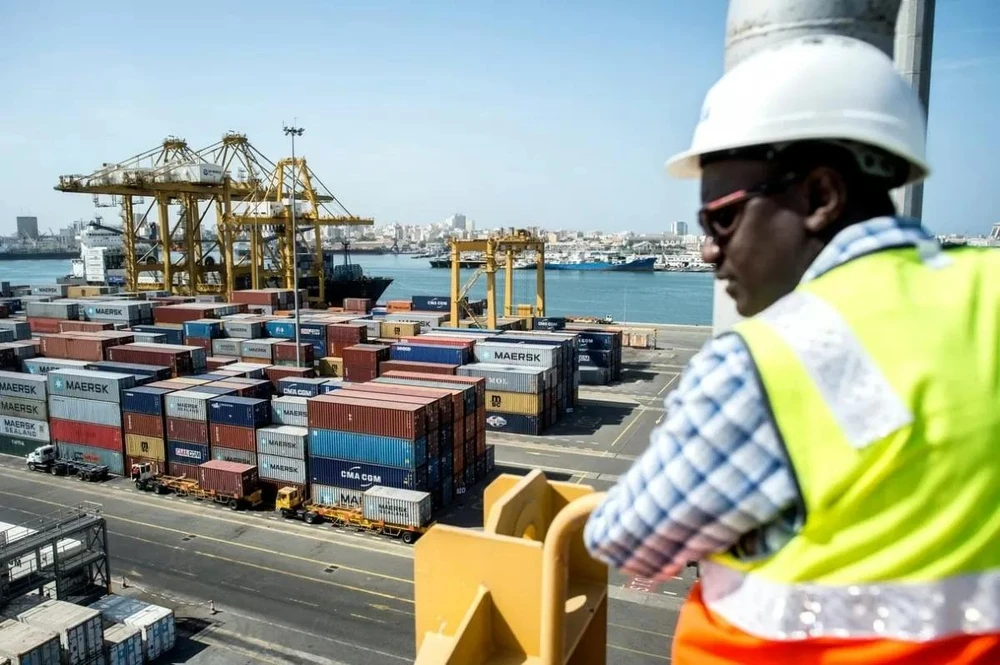
Hanoi (VNA) – Senegal is considered as a potential market for Vietnamese agricultural products, according to the Ministry of Industry and Trade.
The West African country has the most stable politics in the region, and an open economy. It is home to the headquarters of the Central Bank of West African States, the Dakar international seaport and a railway system, which is transit point for goods in the sub-region.
Senegal is a member of both the West African Economic and Monetary Union (UEMOA) that consists of eight French-speaking countries and the Economic Community of West African States (ECOWAS) comprising 15 countries with an intra-bloc tariff rate of 0%.
Once penetrating this market, Vietnamese goods not only serve 18.6 million Senegalese consumers but also have the opportunity to access other countries in the blocs, especially Senegal’s neighbouring nations such as Mali, Guinea Bissau, the Republic of Guinea and Mauritania.
A decade after oil and gas were discovered off Senegal’s coast, production has begun at its first oil and gas project - a partnership between companies of Senegal and Australia.
According to the International Monetary Fund (IMF), Senegal’s gross domestic product (GDP) growth is expected to reach 6% in the fourth quarter of 2024.
Senegal often sees a deficit in trade ties with other nations. In 2023, the country's total export turnover reached 5.3 billion USD while its import value reached 11.87 billion USD. Senegal's main export items include petroleum products, non-monetary gold, phosphoric acid, titanium and phosphates. Its main customers include Mali, India, Switzerland and Australia.
Senegal's main import items are finished petroleum products, vehicles, machinery, base metals and rice. Its main suppliers include France, China, Russia, India and the United Arab Emirates.
Although Senegal has been implementing a self-sufficiency policy for food for many years, it has not been able to meet its domestic rice demand. It has to import 700,000 - 900,000 tonnes of rice each year.
In addition to rice, Senegal also imports textile products, confectionery, cereal products, motorcycle spare parts, iron and steel of all kinds, pepper, cassava products, rubber products, and agricultural machinery.
According to the General Department of Vietnam Customs, in 2023, Vietnam's export turnover to Senegal was 37.8 million USD, mainly agricultural products and food.
In the first nine months of 2024, Vietnam's export value to Senegal reached 26.5 million USD, with main products including pepper (9.5 million USD), vegetables and fruits (3.34 million USD), rice (1.24 million USD), confectionery and cereal products (1.6 million USD), aquatic products (851,074 USD), and other goods (9.95 million USD)./.
